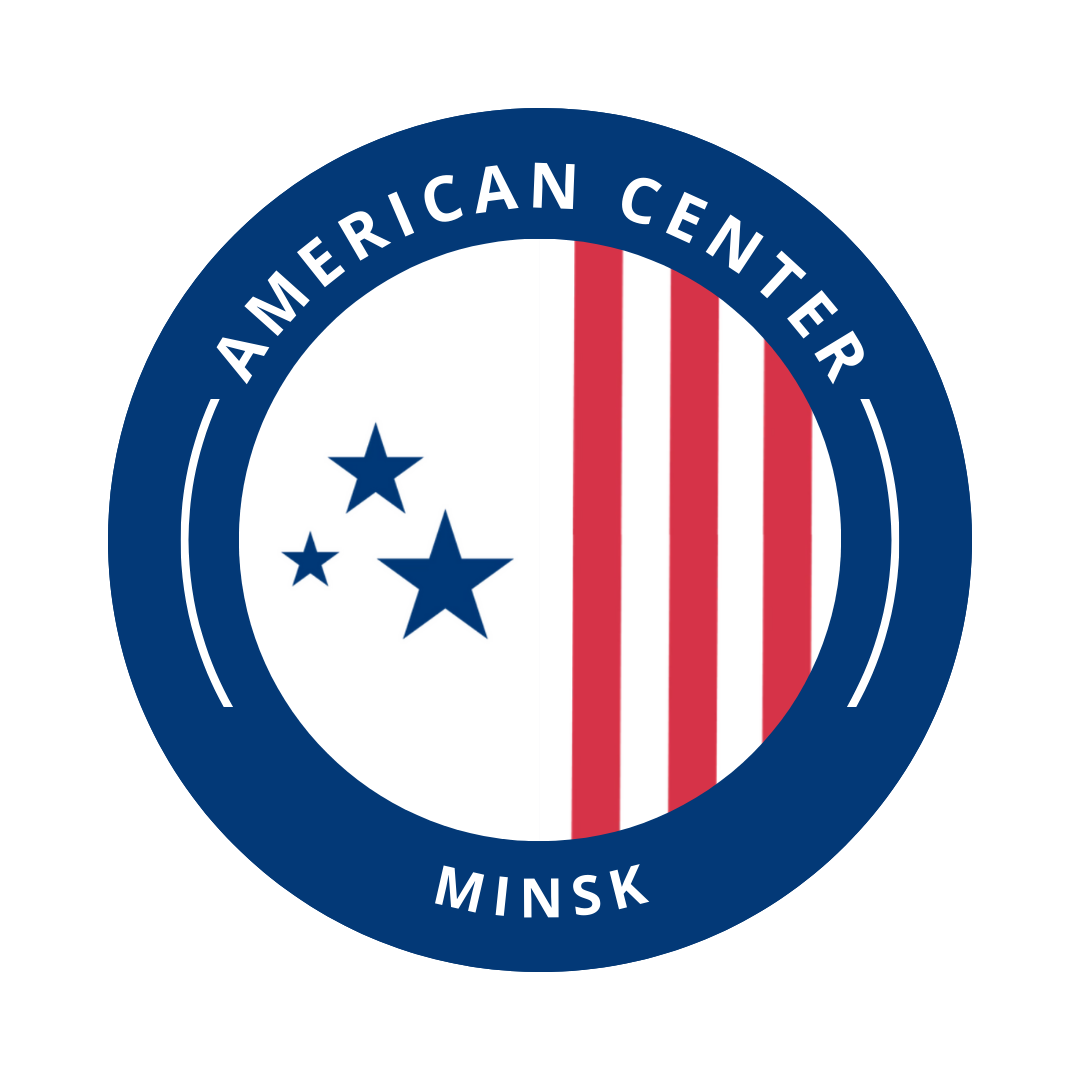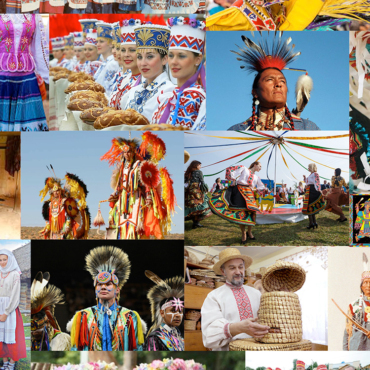Date: June 17
Time: 19:00 (Minsk time)
Is it possible to preserve your identity in a multicultural society? Why are some Indigenous people ashamed of their language? Why do children of immigrants often turn away from their roots? And what do Indigenous languages in the U.S. have in common with the Belarusian language?
In this session with Palina Masliankova – a philologist, educator, and participant of the Open World 2025 program – we will reflect on language, culture, and identity in both the U.S. and Belarus.
We will discuss:
– life and self-governance of Native American communities;
– reservations, councils of elders, rituals, and modern-day challenges;
– language loss and revitalization: what hinders and what helps;
– language shame, internal criticism, and fear of making mistakes;
– challenges in education: lack of schools, textbooks, and media in native languages;
– what Indigenous languages and Belarusian have in common;
– attitudes toward code-switching and mixed language («trasianka»), the role of elites, and social mobility;
– experiences of non-Native Americans: children and parents of immigrants;
– language loss and feelings of guilt;
– why children with Mexican roots often don’t want to return to their homeland – and what that might reveal about our own society.
Palina will also share personal stories and impressions from her encounters with members of the Tohono O’odham Nation, conversations in museums, and observations of how integration into American life happens for members of vulnerable communities.
We welcome everyone interested in language, cultural identity, and life in the United States.


Leave a Reply